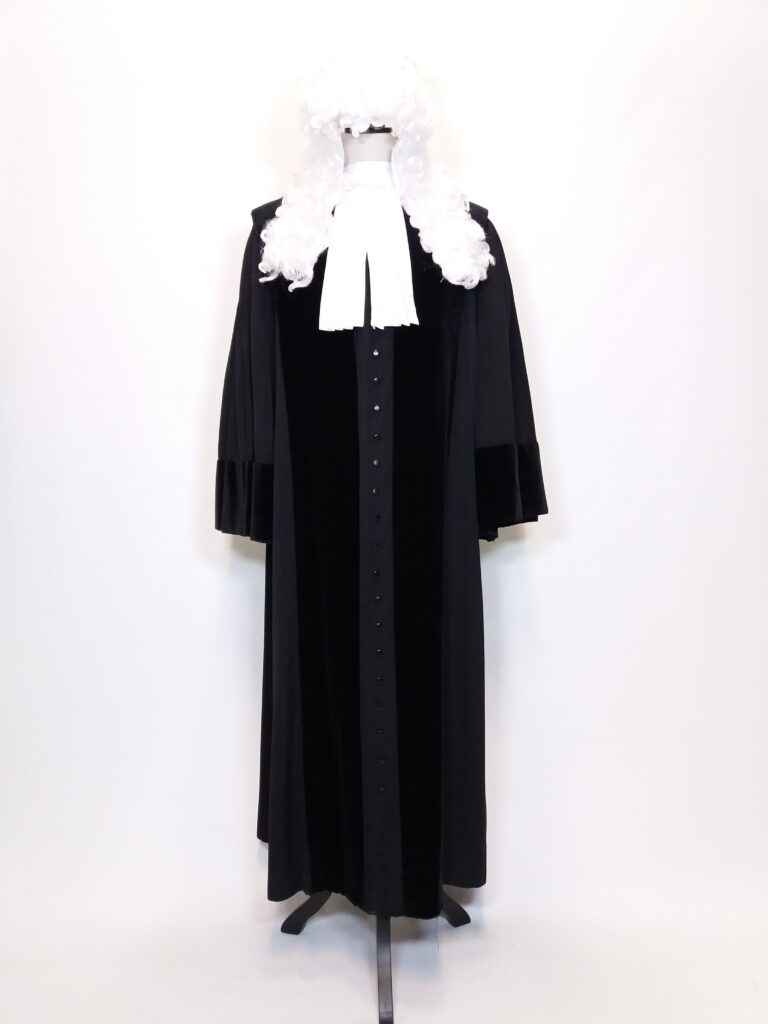
The sense of justice of a judge in the MH17 case
Wat de rechter bezielde toen zij heel veel moeite deed om de rechtsgang te beïnvloeden in de MH17 zaak en wat haar ertoe heeft gebracht om tot het inzicht te komen, dat zij over de schreef is gegaan, blijft een geheim (NRC 25/7/23 Folkert Jensma). In rechtspraak termen het geheim van de raadkamer. Maar ten behoeve van de rechtspraak zou de onderste steen boven moeten komen. Rechters zijn getraind om in een voorgelegde zaak tot een oordeel te komen. Een oordeel, waarin alle belangen binnen de rechtsregel worden gewogen. Maar het beeld, dat de rechter in de zaak bij elkaar puzzelt is niet ontdaan van hoe de rechter in het leven staat. Uiteindelijk is er wel het oordeel, waarin het recht herkenbaar wordt toegepast. Partijen in het geschil of de tenlastelegging hoeven het niet eens zijn met het oordeel, maar moeten wel kunnen begrijpen hoe de rechter daartoe komt. Dat zou een koele algoritme ook kunnen. Maar het verschil is dus de ‘kleur’ die de rechter als mens aanbrengt. Kan het haar daarom op zich eigenlijk wel aangerekend worden, dat zij als professionele rechter hartstochtelijk begaan is met een zaak in behandeling bij haar collega’s, omdat het recht met voeten zou zijn getreden? Immers, de feiten worden duidelijk in het boek van haar broer over het voetlicht gebracht. Kan het zijn, dat de dwaling zaken in het strafrecht in het verleden haar die ‘drive’ gaf om dit tot het uiterste door te zetten? Het zou zo maar kunnen zijn, dat zij helemaal niet vindt, dat zij over de schreef is gegaan en dus gedwongen een ander inzicht opgelegd heeft gekregen. De bemoeienis met een zaak, die niet onder haar jurisdictie valt is haar te verwijten. Maar verder heeft deze rechter gedaan wat zij bij alle aan haar voorgelegde strafzaken heeft gedaan: aan de hand van de feiten een oordeel geveld.
What possessed the judge when she went to great lengths to influence the course of justice in the MH17 case and what led her to come to the conclusion that she had crossed the line remains a secret (NRC 25/7/23 Folkert Jensma). In legal terms, the secrecy of the council chamber. But for the benefit of justice, the bottom stone should be brought up. Judges are trained to reach a verdict in a case presented to them. A judgment in which all interests within the legal rule are weighed. But the picture that the judge puts together in the case is not devoid of how the judge views life. Ultimately, there is the judgment, in which the law is recognizably applied. The parties to the dispute or the indictment do not have to agree with the judgment, but they must be able to understand how the court arrives at this conclusion. So could a cool algorithm. But the difference is therefore the ‘color’ that the judge applies as a person. Therefore, can it really be blamed on her that, as a professional judge, she is passionately committed to a case being handled by her colleagues, because the law is said to have been violated? After all, the facts are clearly laid out in her brother’s book. Could it be that the miscarriage of criminal justice cases in the past gave her that ‘drive’ to push this to the limit? It could just be that she does not think at all that she has crossed the line and has therefore been forced to have a different insight imposed on her. She can be blamed for meddling in a matter that does not fall under her jurisdiction. But otherwise this judge has done what it has done in all criminal cases before it: rendered a judgment on the basis of the facts.
Ricky Turpijn



